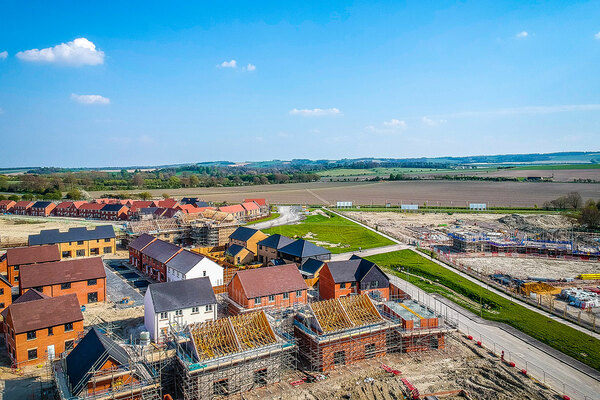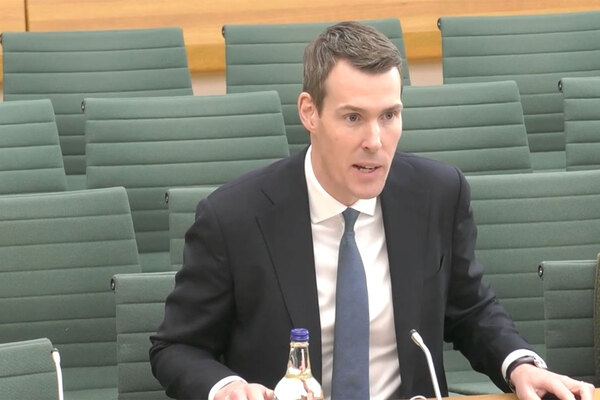You are viewing 1 of your 1 free articles
Ten-year grant programme could ‘unlock a substantial increase’ in housing delivery
Doubling the duration of the Affordable Homes Programme to 10 years could lead to a “substantial” increase in housing delivery and would enable housing associations to increase their land-led development activity, new research has found.

A report commissioned by the Consortium of Associations in the South East (CASE), the National Housing Federation (NHF) and Shelter found that a move to longer term funding would change housing associations’ land-purchasing behaviour and the types of sites they choose to take on.
Under a 10-year grant programme, housing associations could buy more sites without planning permission and tackle larger and more complex sites, the report argued.
It also said extending the lengths of grant programmes would enable housing associations to invest more in their in-house development teams and intensify their existing relationships with building contractors, local authorities and private developers, as well as develop new ones.
A move to long-term funding would also enable housing associations’ to better fulfil their role of delivering homes throughout market downturns, by enabling them to increase their land-led development activity and depend less on purchasing Section 106 homes from private developers.
Since the introduction of the Housing Act 1988, governments have largely allocated grant to housing associations in short-term cycles.
The Affordable Homes Programme, which has been the primary mechanism for funding affordable housing since 2011, has provided funding on a three- to five-year basis.
The report, which was written by academics at UCL’s Bartlett School of Construction and Project Management, argued that the lack of predictability has forced housing associations to be cautious with their development pipelines, thus limiting the number of affordable homes they have been able to deliver.
This has been reflected in pronounced peaks and troughs in delivery, with completions spiking towards the end of each grant programme, the report said.
The research comes as the government last week revealed the details of its latest Affordable Homes Programme, which is worth £11.5bn and will run from 2021 until 2026.
Kate Henderson, chief executive at the NHF, said: “Investing in social housing is a real win-win for the government. As well as helping millions of people find a secure affordable home, it will also help to meet building targets and support the economy to bounce back from the coronavirus crisis.
“Alongside a once-in-a-generation investment in social housing, we also need to think about how this money is distributed. As this research demonstrates, long-term funding is essential in ensuring that housing associations can have the greatest possible impact.”
Polly Neate, chief executive at Shelter, said: “This research shows how extending the Affordable Homes Programme and significantly increasing government investment in social housing could mean we get the homes we so desperately need.
“The government needs to act now to build social housing. This would boost the economy, save jobs and, most importantly, give everyone a chance of a safe home.”
Elizabeth Austerberry, chief executive of Moat and chair of CASE, said, “The need for everyone to have a place to call home has never been more important and we are desperately short of affordable homes. This report highlights the additional homes that could be built by housing associations if a longer-term approach to funding were adopted by the government.
“Housing associations would then be able to better plan for sustained development activity rather than trying to manage housing delivery in line with a series of short term programmes against an uncertain future.”
Sign up for our daily newsletter
Already have an account? Click here to manage your newsletters











